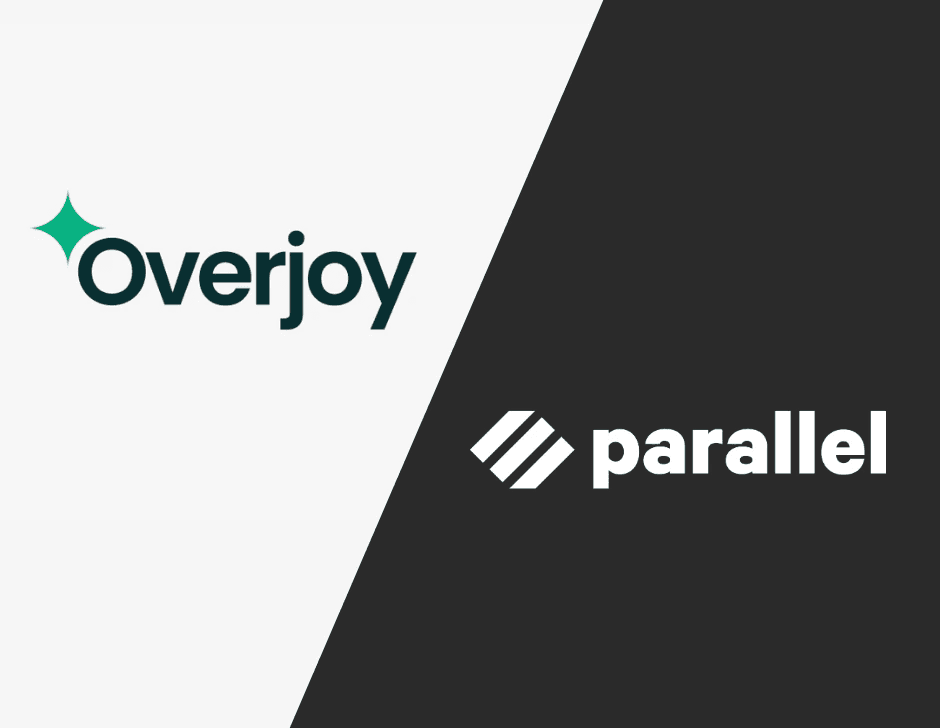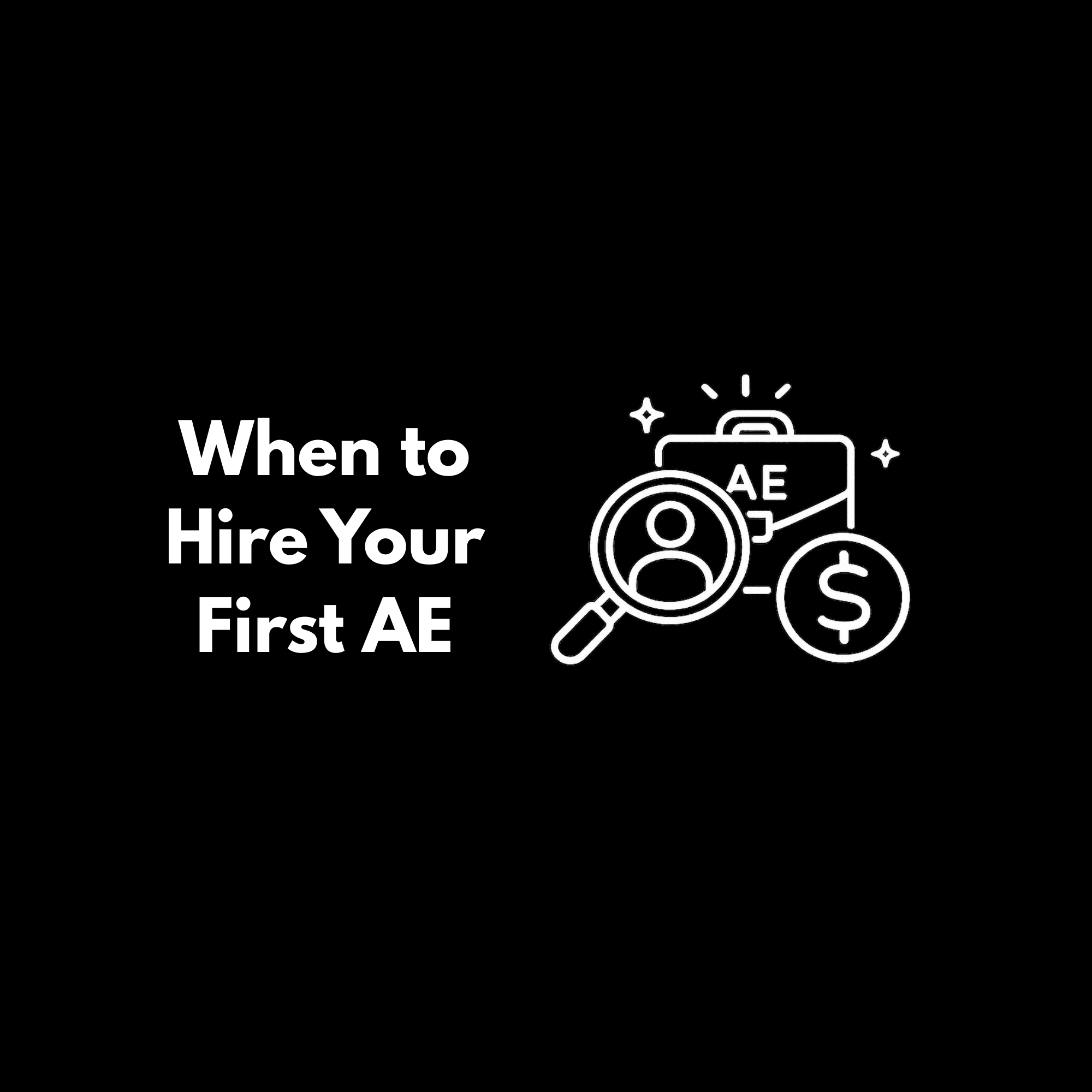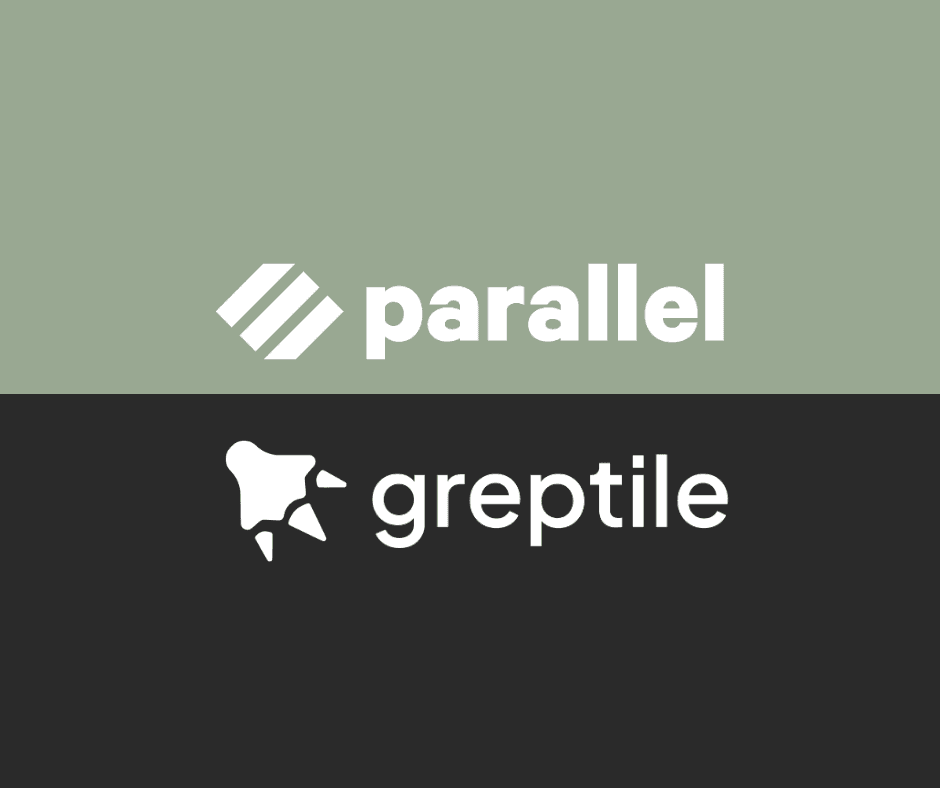Blog
Finance Advice
How To Be Ready for Fundraising as a Startup
Learn how to prepare your startup for fundraising with clear financial models, credible forecasts, and investor-ready insights. Discover how Parallel helps founders stay fundraising-ready with real-time updates and scenario planning.

Renato Villanueva
CEO & Cofounder
Oct 6, 2025
Raising capital is one of the biggest milestones for a founder. It can also be one of the most stressful. Between investor meetings, financial models, and pitch decks, the process often feels overwhelming. The good news is that preparation makes all the difference. When you’re ready, fundraising stops being a scramble and starts being a story you can tell with confidence.
In this guide, we’ll cover what it really means to be “fundraising-ready,” the key steps founders should take, and how Parallel helps you walk into every investor conversation with clarity.
Why Fundraising Readiness Matters
Investors are evaluating how well you run your business, not just buying into your idea. A strong product and team might get you in the door, but your ability to articulate growth levers and defend your numbers is what earns trust.
Being prepared means:
You save time in diligence by having the right documents ready
You stand out with clear, confident answers to tough questions
You keep momentum in the process instead of stalling on follow-ups
Step 1: Nail Your Financial Story
Every investor will ask: How much cash do you have left, how fast are you burning it, and what does that mean for runway?
To answer, you need:
Accurate burn rate (gross and net)
Runway calculation (months left at current burn)
Unit economics (CAC, LTV, gross margin)
Revenue trends (MRR or ARR depending on your model)
These are the narrative backbone of your pitch. They show you know exactly where you are today and where you’re headed.
Step 2: Build a Forecast Investors Believe
A fundraising-ready forecast is more than a single spreadsheet. It should demonstrate:
Base case: Your most realistic growth path
Upside case: What happens if things go better than planned
Downside case: How you’ll protect runway if challenges hit
When you can walk an investor through different scenarios, you build credibility and are prepared for a long future.
Step 3: Organize Your Data Room
Speed matters in fundraising. The best founders set up their data room early, so diligence doesn’t become a bottleneck. Common essentials include:
Financial statements (historical P&L, balance sheet, cash flow)
Forecast models
Cap table
Key contracts and metrics dashboards
Having this ready shows professionalism and removes friction when investors dig deeper.
Step 4: Be Clear on the “Ask”
Many founders walk into meetings with a vague fundraising goal. Instead, be precise:
How much capital you’re raising
What milestones it funds (e.g., 12 months of runway, 10 AE hires, new product launch)
What success looks like by the next round
Investors want to see that you’re raising with purpose, not just padding your bank account.
How Parallel Makes You Fundraising-Ready
This is where Parallel transforms the process for founders. Instead of scrambling with spreadsheets and outdated models, you get a live, AI-powered forecasting platform that keeps you ready from day one.
Real-time runway updates: Always know exactly how much time you have left
Scenario modeling: Test different hiring or revenue paths instantly and show investors you’re prepared for multiple outcomes
Instant board and investor reports: Generate polished, accurate decks in minutes
Fractional CFO guidance: Parallel highlights risks, tradeoffs, and opportunities like a seasoned finance leader would
When you use Parallel, being “fundraising-ready” is your default state.
Preparation Wins
Fundraising will always be a challenge, but readiness is what separates founders who scramble from those who succeed. By tightening your financial story, building credible forecasts, and preparing data ahead of time, you’ll enter investor conversations with confidence.
And with Parallel, you can stop worrying about whether your numbers are up to date and focus on telling the story that matters most: the one about your vision, your team, and your growth.
See how Parallel makes you fundraising-ready
FAQs
What does it mean to be fundraising-ready as a startup?
Being fundraising-ready means having your financial story, data room, and pitch prepared so you can confidently present to investors. It includes knowing your runway, burn rate, and growth metrics, as well as having forecasts and scenarios ready to share.What documents should I prepare before fundraising?
Founders should prepare financial statements (P&L, balance sheet, cash flow), a forecast model with scenarios, a cap table, and key contracts. Many investors will also ask for cohort analysis, metrics dashboards, and hiring plans.How do I calculate my runway before raising capital?
Runway is calculated by dividing your current cash balance by your net burn rate. For example, if you have $900,000 in the bank and burn $90,000 per month, you have 10 months of runway.Why do investors care about scenario modeling?
Scenario modeling shows investors that you are prepared for different outcomes. They want to see that you can adapt if revenue slows, fundraising takes longer, or expenses rise unexpectedly. It builds credibility and confidence in your leadership.How can Parallel help me get ready for fundraising?
Parallel automates financial forecasting, scenario modeling, and reporting. Instead of spending weeks preparing spreadsheets, you can generate real-time, investor-ready insights in minutes. Parallel also highlights risks and opportunities, giving you CFO-level guidance without hiring a finance team.

Renato Villanueva
CEO & Cofounder



